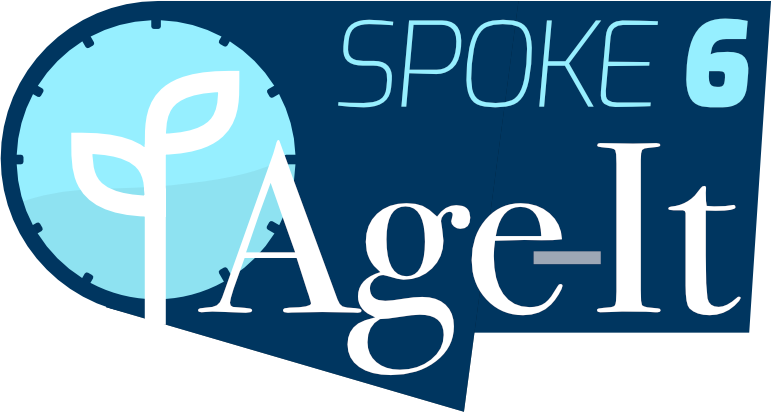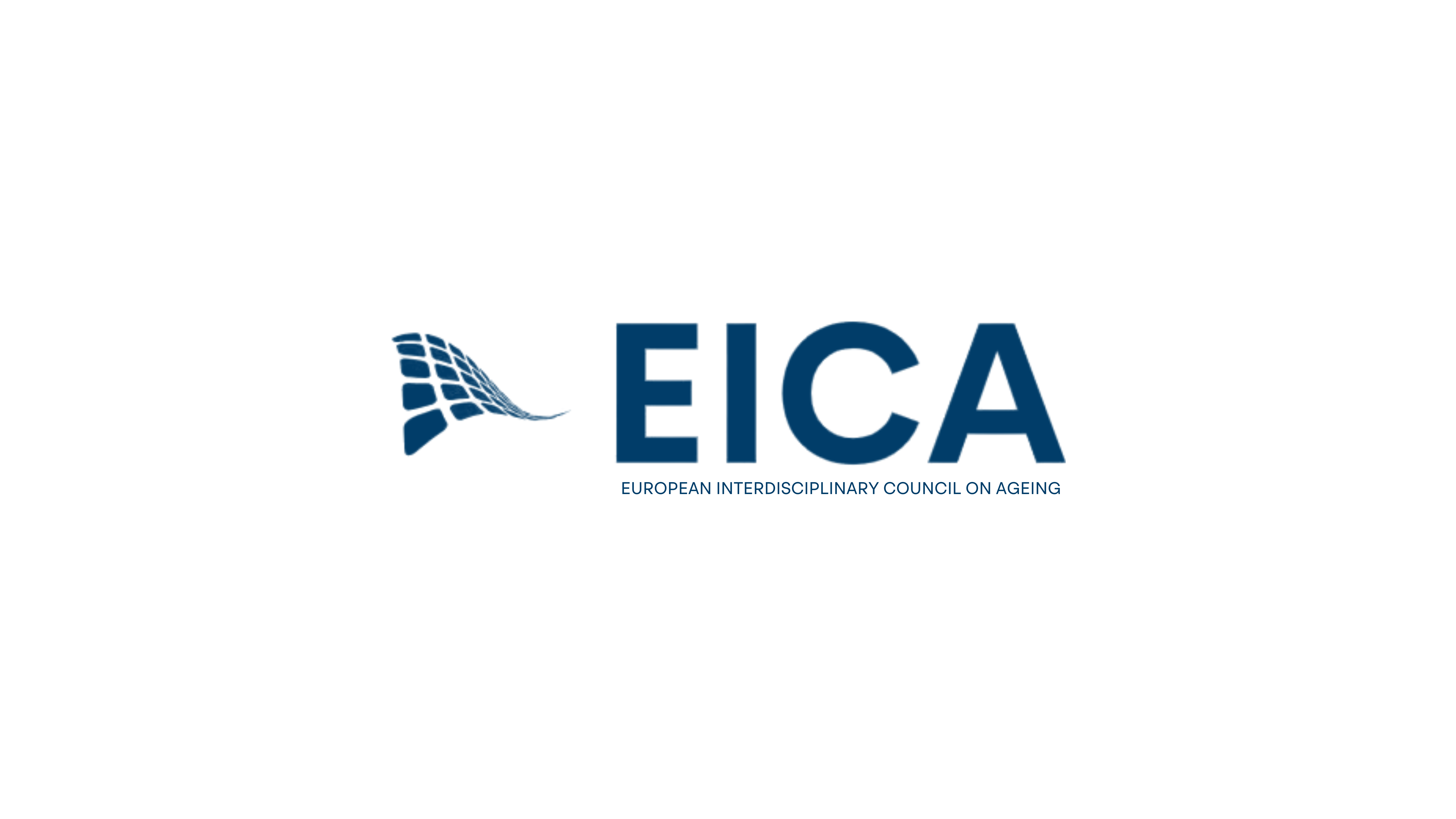A Multidisciplinary Approach to Promote Active and Healthy Ageing
June 9-13, 2025
12th edition
Call for applications: January 15 - February 28, 2025
VIU Scientific Coordinator: Agar Brugiavini, Ca’ Foscari University of Venice & Venice International University (VIU)
In 2025 the Summer Institute on Ageing will reach its 12th edition. The program provides students and early-career researchers with a multidisciplinary and rigorous understanding of the ageing process, ranging from some basic notions of the medical and epidemiological literature, to key concepts in the economics and sociology of ageing. A special focus will be given to the socioeconomic challenges related to the promotion of active and healthy ageing in the population, as well as the value of longitudinal surveys to guide the design of evidence-based strategies.
This edition of the Summer Institute will include two types of activities:
- A three-day summer school on “Multidisciplinary Perspectives in the Study of Ageing based on Longitudinal Surveys” with lectures, testimonials and hands-on sessions (June 9-11)
- A two-day workshop “Ageing, Health and Retirement” with presentations and discussions of scientific papers from leading experts in the fields (June 12-13)
Organizing Committee:
Marco Bertoni, Agar Brugiavini, Danilo Cavapozzi, Stefania Maggi, Jürgen Maurer, Giacomo Pasini, Guglielmo Weber.
Further information regarding the topical focus and the scientists and researchers contributing to the 2025 Summer Institute on Ageing will soon be available.
Contributing member universities:
- Ca’ Foscari University of Venice
- National Research Council of Italy
- University of Lausanne
- University of Padua
The following scientists and researchers will contribute to the 2025 Summer Institute on Ageing:
Viola Angelini, University of Groningen, NL
Tom Bellander, Karolinska Institutet, SE
Marco Bertoni, University of Padua, IT
Agar Brugiavini, Ca' Foscari University of Venice & VIU, IT
Danilo Cavapozzi, Ca’ Foscari University of Venice, IT
Chiara Dal Bianco, University of Padova, IT
Luigi Ferrucci, National Institute on Aging, US
Laura Fratiglioni, Karolinska Institutet, SE
Pamela Giustinelli, Bocconi University, IT
Karen Glaser, King's College, UK
Michael Hurd, RAND, US
Arie Kapteyn, USCDornsife, US
Stefania Maggi, Institute of Neuroscience, National Research Council of Italy, IT
Jennifer Manly, Columbia University, US
Jürgen Maurer, University of Lausanne, CH
Giacomo Pasini, Ca’ Foscari University of Venice, IT
Nicholas W. Papageorge, Johns Hopkins University, US
Franco Peracchi, Tor Vergata University of Rome, IT
Susann Rohwedder, RAND, US
Han Ye, University of Mannheim, DE
Guglielmo Weber, University of Padua, IT
What are the main activities?
- Presentations by leading scholars in the fields of economics, geriatrics, epidemiology, public health, and demography;
- Hands-on sessions: presentation of the survey data on ageing available to the scientific community focusing on datasets such as SHARE;
- Poster sessions and other activities: discussing the participants’ research with the senior scholars.
What’s special about the Institute?
Attending the school means you will develop your transversal skills as the approach is multidisciplinary, and those who have a specific economic or sociological background will learn more about medical advances in ageing research, acquiring the specific language in which MDs deal with these issues as well.
High-level policymakers or officials who may also take part in this program will be able to learn how to connect issues between the health dimension and the economic dimension of ageing.
Learning Outcomes
Participants will gain insights into the recent advances of research on the ageing process, from a multidisciplinary perspective. More specifically, the implementation of active and healthy ageing approaches will be considered from a socioeconomic standpoint. Furthermore, participants will take part in “hands-on” sessions where they will be trained on how to use the data behind the research efforts in this area. Participants will gain subject-related competences in handling large data sets on ageing, which contain relevant information on health and socio-economic conditions.
Who can apply?
PhD students, post-doc scholars and graduates in economics, statistics, social sciences and medicine, but also professionals active in the field of ageing.
What’s the relevance of the school?
The ageing of populations is a major global concern. Ageing processes are complex and involve several dimensions, from the health dimension to the socio-economic context. In order to achieve a better understanding of how to ensure healthy and successful ageing around the world, it is crucial to take account jointly of these different dimensions, and to develop health systems and welfare models that enhance the human development of ageing populations, including in resource-poor settings.
Future generations of researchers will have to address the challenge of ageing with a multidisciplinary background, both in their academic career and in operational activities, and in policy making as well. This is true also for firms (and managers) who will have to adjust to an ageing work force and to make the best of the skills that these workers will offer. It is clear that this research agenda has a huge impact on public finances, ranging from health care and long-term care spending, to pensions and Social Security.
Credits
A Certificate of attendance will be issued at the end of the course.
Number of ECTS equivalence: 2
Applications and Fees
The Program will admit a maximum of 40 participants. The minimum number is 12.
25 fee-waiver scholarships are available in 2025.
Recipients of the fee-waiver scholarship will pay a registration fee only:
Students of VIU member universities:
- €50 incl. VAT without accommodation
- €100 incl. VAT with accommodation*
Students of non-VIU member universities:
- €75 incl. VAT without accommodation
- €150 incl. VAT with accommodation*
The fee waiver and registration fee will cover tuition, teaching materials, lunches in the VIU cafeteria and a social dinner.
Full Tuition and Registration Fee: € 1600 incl. VAT
Full Accommodation* Fee: €308 incl. VAT
Student participants will be responsible for covering their own travel expenses to and from Venice, local transportation, and evening meals.
*Accommodation will be in shared rooms on the San Servolo campus for 6 nights, with breakfast and including city tax.
Applicants must submit: the Application form, a brief research statement including candidate’s interests and a curriculum vitae with photo. To apply for the fee waiver, applicants must submit a motivation letter.
Co-organizers and Partners
The Summer Institute on Ageing is an initiative of VIU in partnership with its member universities and institutions Ca’ Foscari University of Venice, the National Research Council of Italy, the University of Lausanne, and the University of Padova.
This program is supported by the Age-It project, Spoke 6 “Silver economy. Work, participation, retirement and welfare”, funded by the NextGenerationEU fund of the European Union, via the Italian National Recovery and Resilience Fund (NRRF).
Contact and info:
VIU Ageing Program
Tel: (+39) 041 2719511
Email: ageing@univiu.org






























